Introduction: Wesleyan Heritage and Our Shared Future
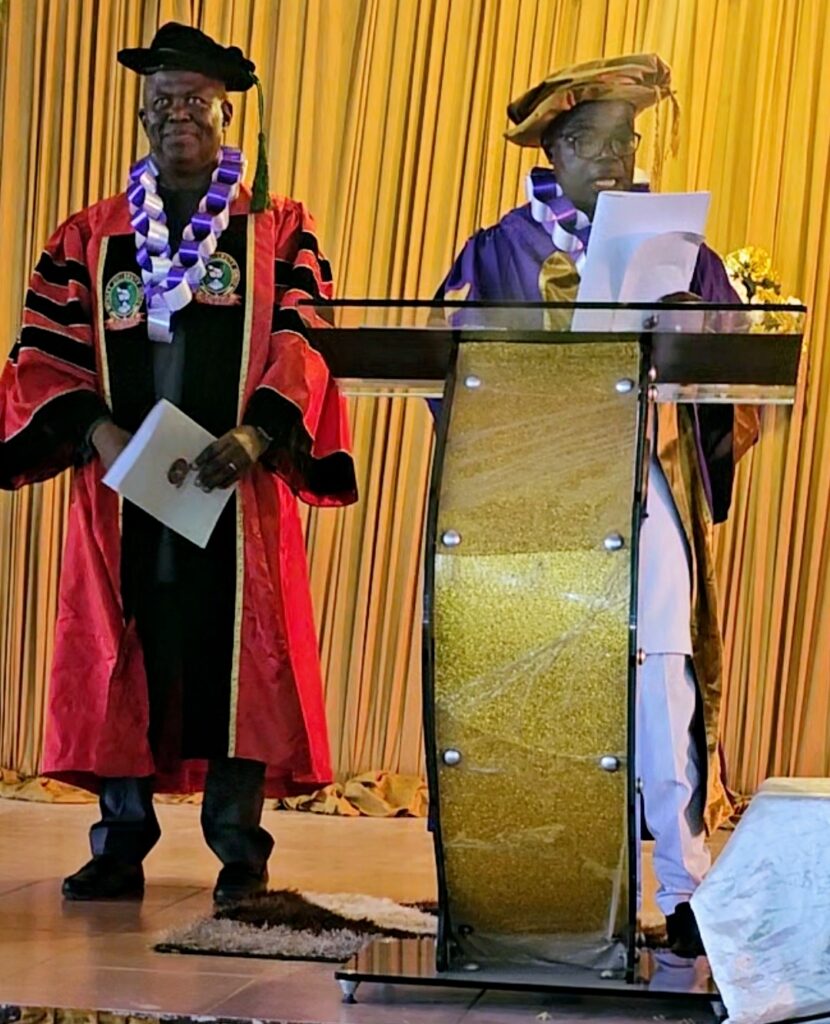
Wesley University, Ondo, stands as a beacon of academic excellence and spiritual development. As a Methodist institution, its foundation is deeply rooted in the teachings of John Wesley, whose legacy has shaped education, healthcare, and social reform globally.
The theme of this year’s convocation, “Wesleyan Heritage: A Panacea for Physical, Societal, and Spiritual Growth,” invites us to examine how Wesleyan principles address the challenges of our time. The 21st century presents a complex mix of opportunities and obstacles. Issues such as poverty, inequality, climate change, and spiritual disconnection demand solutions that are not only innovative but also grounded in ethical and moral values.
In the face of these challenges, we are called to apply Wesley’s teachings, focusing on faith in action, compassion, and justice. Wesley University’s partnership with Gallaudet University in Washington, D.C., is a remarkable example of Wesleyan values in a ction, creating a bridge across cultures to foster inclusivity, particularly for the Deaf and hard-of-hearing community.
As you read this convocation lecture, I encourage you to think about your role in advancing Wesleyan ideals. How can you apply faith in your personal life and use it for societal improvement? This is not just a theme for reflection—it is a roadmap for living a life of purpose.
To the graduates of Wesley University, this is a moment of celebration and responsibility. You are stepping into a world that needs leaders who are grounded in faith and committed to service. You are uniquely positioned to embody the values of personal and social holiness, creating impact wherever you go.
I took the liberty of attaching an appendix to this convocation speech. The appendix is an extract of Fifteen lessons from a book I am about to publish 3030; thirty (30) lessons from my thirty (30) years in Chams HoldCo PLC. As you go into the world, the lessons of Faith, Leadership, Resilience, and Purpose will guide and guard you in your journey.
May this lecture inspire you to live a life that glorifies God and uplifts humanity.
Part One: The Wesleyan Heritage
Historical Context
John Wesley, born in 1703 in Epworth, England, was one of 19 children. His upbringing in a devout Christian home laid the foundation for his life’s work. Wesley’s parents instilled in him a love for learning and a disciplined approach to faith.
As a student at Christ Church, Oxford, Wesley, along with his brother Charles, formed the “Holy Club,” a group dedicated to prayer, fasting, and acts of service. This methodical approach to faith earned them the nickname “Methodists.”
The turning point in Wesley’s spiritual journey came in 1738 at Aldersgate Street, where he experienced a profound sense of assurance in his faith. This moment, often referred to as his “heart- warming experience,” ignited a passion for evangelism and social reform that would define his ministry.
Core Principles of Wesleyan Heritage
Wesley’s teachings are anchored in two foundational principles:
1. Personal Holiness:
- Wesley believed that a relationship with God transforms the heart and mind. He emphasized the importance of spiritual disciplines such as prayer, fasting, and Bible study.
- He encouraged believers to seek perfection in love, striving to reflect Christ in their daily lives.
2. Social Holiness:
- Wesley taught that faith without works is dead. He believed that Christians must express their faith through acts of service, justice, and compassion.
- His ministry addressed societal issues such as poverty, illiteracy, and healthcare, demonstrating that faith must be lived out in tangible ways.
These principles are deeply interconnected. For Wesley, true faith required both a vertical relationship with God and a horizontal relationship with others.
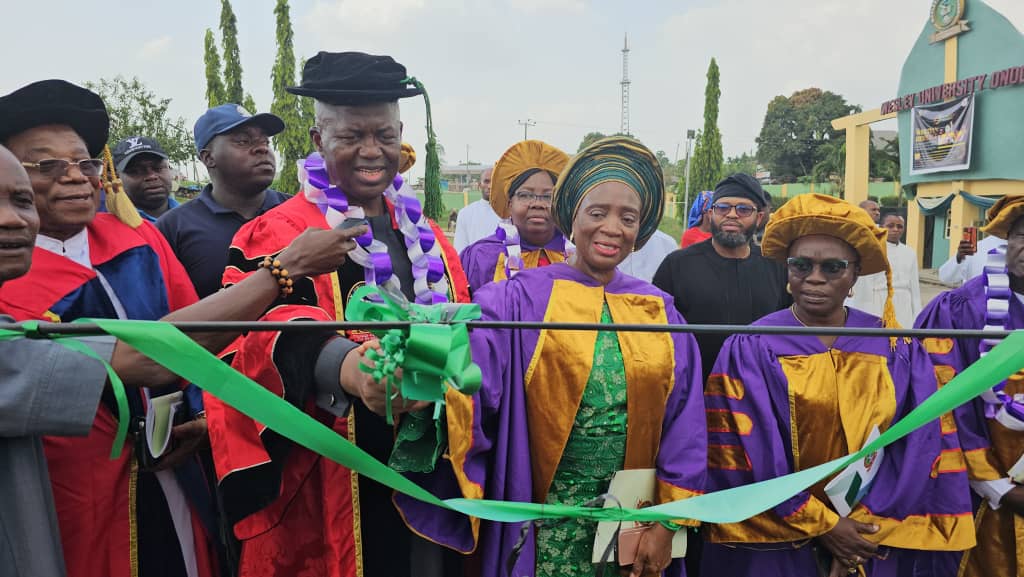
The Seven Acts of Mercy
Wesley’s commitment to social holiness is perhaps best exemplified in the Seven Acts of Mercy, drawn from Matthew 25:31-40. These acts serve as a practical framework for living out one’s faith:
- Feed the Hungry
- Give Drink to the Thirsty
- Clothe the Naked
- Shelter the Homeless
- Visit the Sick
- Visit the Imprisoned
- Bury the Dead
Each act is a response to the needs of humanity and a reflection of God’s love. Wesley organized Methodist communities to engage in these acts, establishing schools, hospitals, and outreach programs that addressed the physical and spiritual needs of society. Two institutions that grew out of and practice these ideals are Wesley University and Gallaudet University. Whereas one Wesley University has its origin of Wesleyan Heritage, as the name goes, the other Gallaudet is deeply committed to social holiness through diversity and inclusivity in nurturing and feeding the hard of hearing with education, giving knowledge and opportunities to those who would have been neglected by society and clothing through employment and empowerment those who would have faced economic hardship due to the larger society’s ignorance and biases.
Part Two: The Partnership between Wesley University and Gallaudet University Historical Background of the Partnership
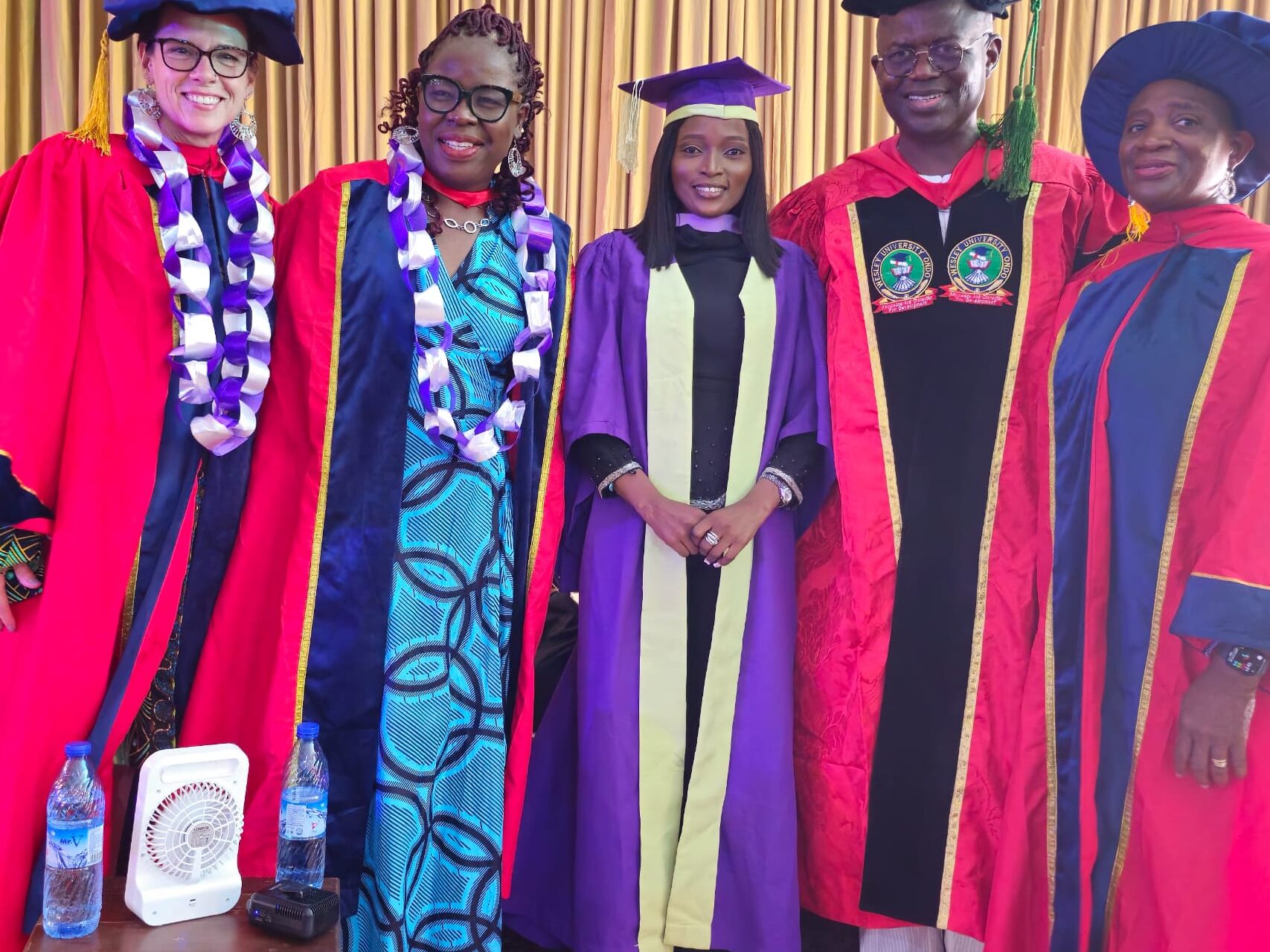
The partnership between Wesley University and Gallaudet University is a living expression of Wesleyan ideals. Signed in 2018, the Memorandum of Understanding established a foundation for collaboration in Deaf education, driven by the values of inclusivity, accessibility, and empowerment.
Recognizing the limited educational opportunities for the Deaf and hard-of-hearing community in Nigeria, this partnership aimed to create a pathway to quality education for these students. Gallaudet University, renowned for its commitment to Deaf education, shared its expertise and resources with Wesley University, creating a DEAF Education Program that now celebrates its first and second cohort of graduates.
Achievements of the Partnership
On November 11, 2023, Wesley University marked a historic moment with the graduation of its first Deaf cohort. Six remarkable individuals completed their studies, specializing in fields such as Computer Science, Business Administration, and Accounting. Their achievement symbolizes hope and the power of inclusive education.
This success was only possible with the dedication of educators and administrators from both universities. Figures such as Dr. Bobbi Cordano, Mrs. Amanda Mueller, and Prof Kubby Rashid from Gallaudet, alongside Wesley University’s leaders, Prof Sunday Obeka, Prof Sunday Ukachukwu, Mrs Chioma Obasi, Sylvanus Ejeh Ogienyi, late Sir Peter Olorunfemi and others who have worked tirelessly to build a program that embodies the principles of social holiness.
Wesleyan Ideals in Deaf Education
The Wesleyan values of personal and social holiness resonate profoundly in Deaf education. Just as Wesley sought to include the marginalized, this program empowers Deaf students to pursue their dreams without leaving Nigeria. By offering accessible education within their community, we honor Wesley’s vision of a just and inclusive society.
Future Vision for the Partnership
We envision expanding this partnership to include new programs, research initiatives, and student exchanges. Imagine a future where Deaf and hearing students from both universities collaborate on projects, exchange ideas, and create lasting friendships. Together, we can build a model of Deaf education that inspires institutions around the world.
Part Three: My Story – A Journey of Faith and Service
Personal Connection to Wesleyan Values
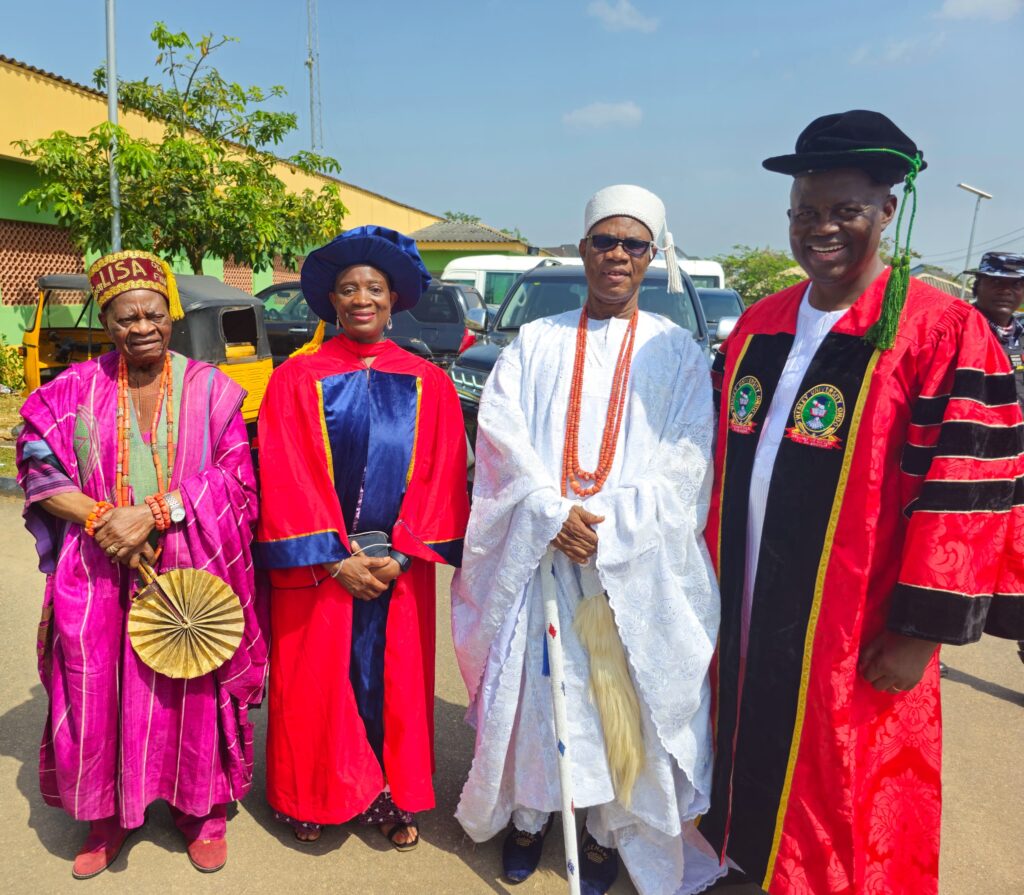
Throughout my life, Wesleyan values have guided me through challenges and triumphs. Growing up in a community that valued education and spiritual growth, I learned early on that faith and action are inseparable. Wesley’s teachings on personal and social holiness became a compass for navigating personal and professional decisions. It would take a series of speeches to discuss some of the examples
- Personal Financial Disaster of the 2009 Stock Crash and
- The Corporate Financial Disaster of the 2012 National ID was a double calamity that could have sunk the strongest in faith but for the Grace of God. Through Faith and Action, Working and Praying, we survived.
Entrepreneurial Path and Community Impact
A commitment to service has shaped my career in entrepreneurship. Inspired by Wesley’s call to social holiness, I sought to create ventures that offer employment, uphold fair labor practices, and reinvest in community development.
In challenging moments—financial struggles, market shifts—I turned to Wesley’s principles of perseverance and faith. Through prayer and spiritual discipline, I found resilience and purpose. Wesleyan principles taught me that faith can overcome any obstacle, and this belief has been my foundation.
Some of the results of applying these principles through God’s blessings include:
- The Bank Verification Number (BVN) stabilizing miracle
- The strengthening I Samuel 30:8 mysterious verse
- The Arbitration judgement of justice June 2024 and
- Exiting AMCON indebtedness in September 2024 FAITH can overcome any obstacles
Giving Back Through Service
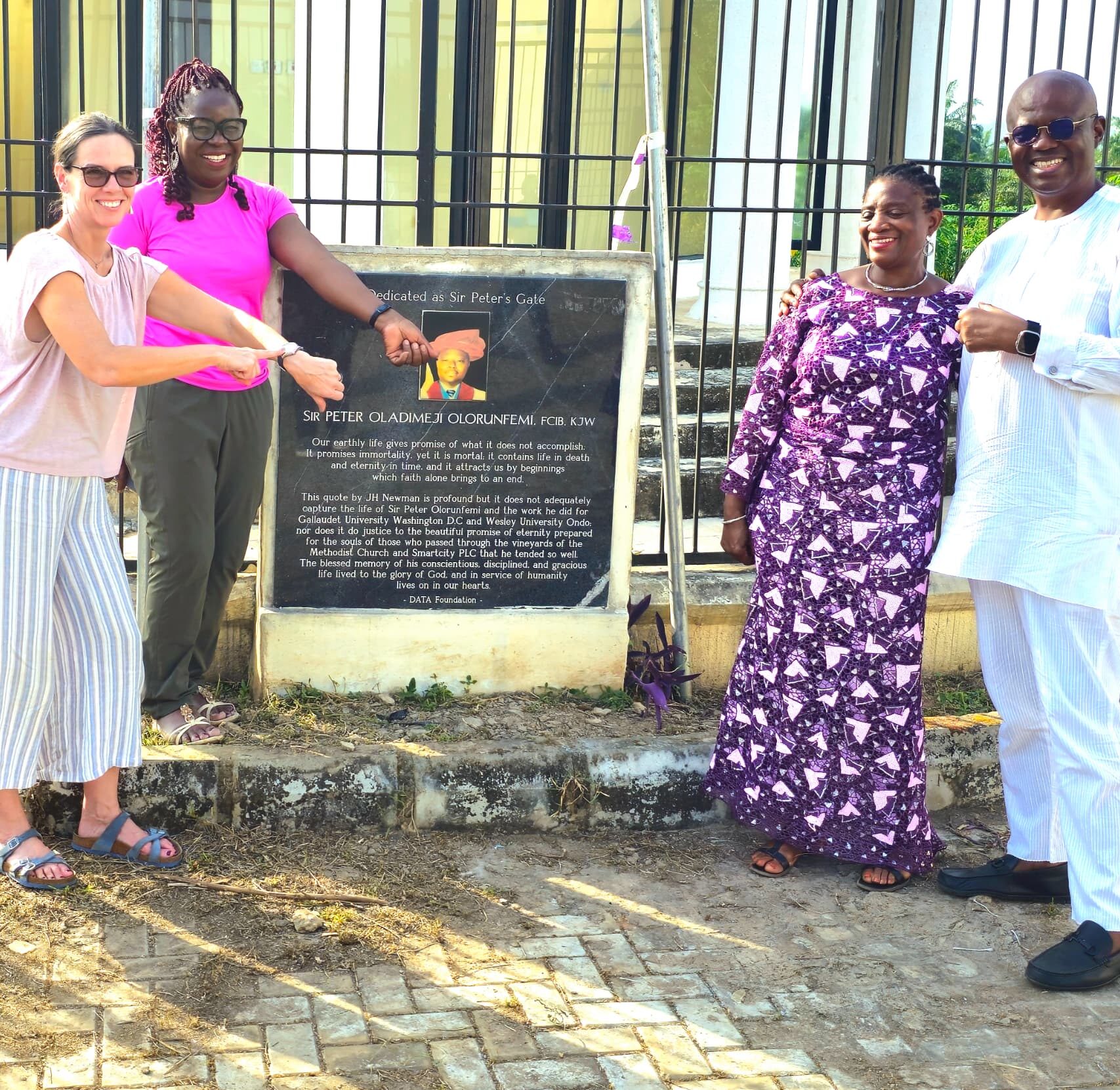
Wesley’s Seven Acts of Mercy have inspired me to view service as an extension of faith. Whether supporting local education initiatives, community programs, or building cemeteries, I strive to reflect God’s love by helping others and even the dead. This commitment to service has enriched my life and shown me the transformative power of compassion.
Part Four: A Call to Action
Embracing Wesleyan Ideals in Modern Times
As we reflect on John Wesley’s teachings, let us ask how we can embody these principles in our lives. Today’s world needs leaders rooted in faith, committed to justice, and dedicated to uplifting others.
1. Live a Life of Personal Holiness
- Engage in daily spiritual practices.
- Seek personal growth and strive for “perfection in love.”
- Reflect on your actions to ensure they align with your values.
2. Practice Social Holiness
- Identify ways to serve your community.
- Engage in Wesley’s Acts of Mercy, from feeding the hungry to caring for the sick.
- Promote justice, fairness, and inclusivity.
3. Be a Leader of Integrity and Compassion
- Lead by example and prioritize impact over personal gain.
- Mentor others and build supportive communities.
- Champion compassion and understanding in every aspect of your life.
4. Pursue a Vision of a Just and Compassionate Society
- Support ethical practices and advocate for sustainable solutions.
- Stand firm in Wesleyan values as you contribute to a better world.
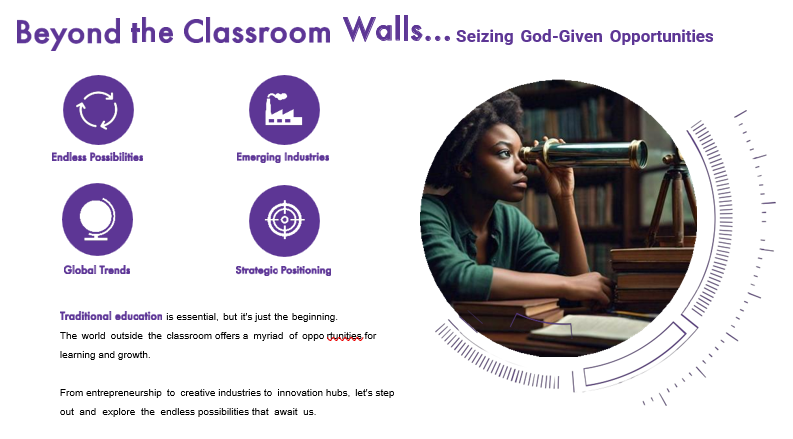
Conclusion: A Commitment to Purpose
Graduates of Wesley University, you are the torchbearers of Wesleyan heritage. Carry forward the ideals of personal and social holiness. Let your lives reflect the power of faith in action. Step boldly into a world that needs your leadership, compassion, and resolve. “Do all the good you can, by all the means you can, in all the ways you can, in all the places you can, at all the times you can, to all the people you can, as long as ever you can.”
May you find fulfilment in a life dedicated to glorifying God, serving others, and uplifting humanity. Congratulations to you our graduating set, your family and friends
Congratulations to us all at Wesley University for another major leap God bless you all. Amen
11

As you step into the next chapter of your lives, you carry with you the knowledge and skills acquired through your education and the responsibility to embody the values that Wesley University, rooted in the rich Wesleyan tradition, has instilled in you. These values—faith, service, compassion, and perseverance—are timeless principles that guide us in living a life of purpose and making meaningful contributions to society.
Today, as you hold this collection of 15 lessons from my upcoming book, 3030: Thirty Lessons from my Thirty Years in Chams HoldCo PLC of Faith, Leadership, Resilience, and Purpose, I invite you to reflect on the wisdom encapsulated within these nuggets. Each lesson is not just a chapter—it is a philosophy. These lessons represent decades of challenges, triumphs, and reflections, offering guidance that will empower you to navigate the complexities of life with courage and conviction.
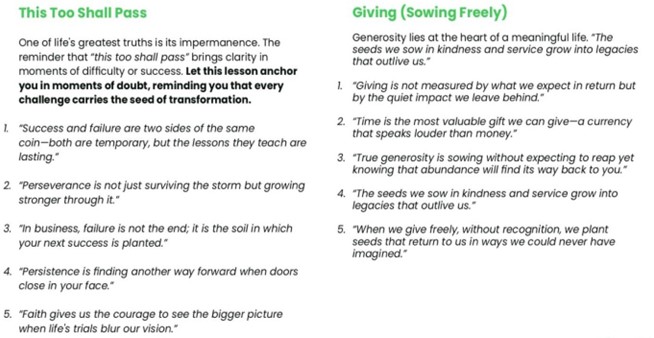
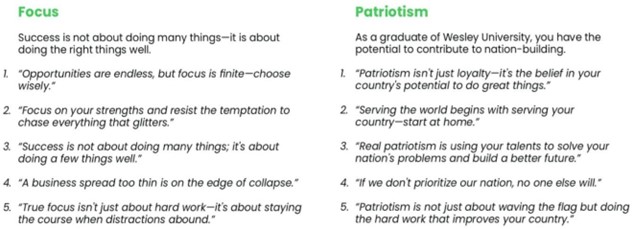
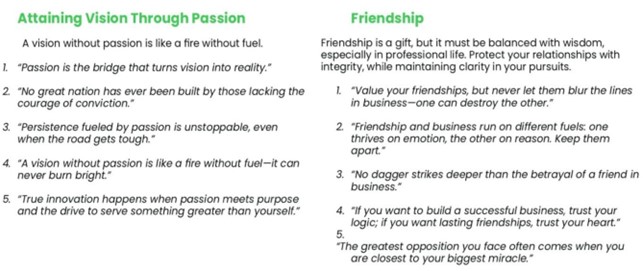
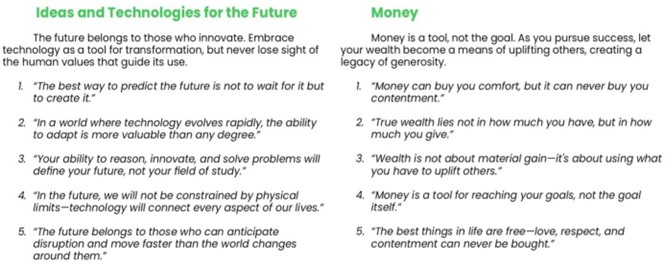
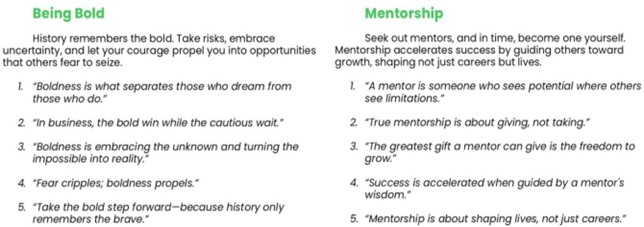
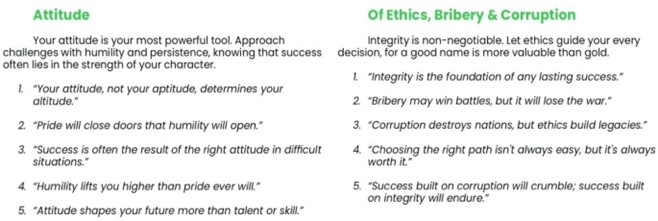
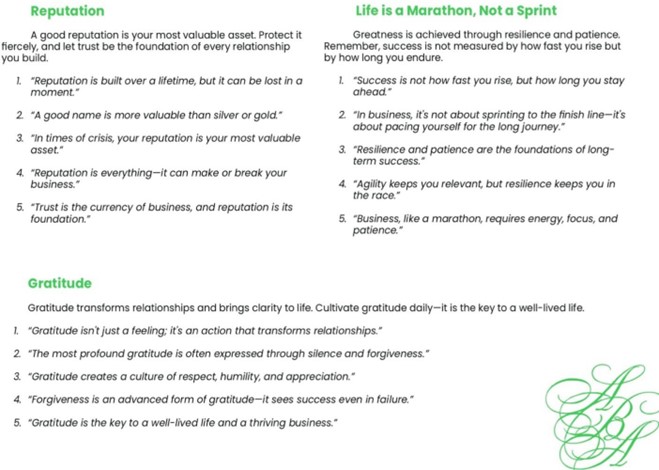
This appendix serves as both a keepsake and a teaser for the complete 3030 book, which will be released in 2025 to commemorate the 40th anniversary of Chams HoldCo PLC by God’s Grace. As you carry these lessons forward, let them serve as your guide, anchor, and inspiration. To fully immerse yourself in the 3030 journeys, follow the story on our social media platforms, where you will find the remaining lessons and more reflections.
Congratulations once again on your graduation. May these lessons inspire you to live boldly, serve selflessly, and lead with integrity. You are the future, and the world awaits the light you will bring.
Demola Aladekomo, November 2024
Wesleyan Heritage: A Panacea for physical, societal and Spiritual Growth

